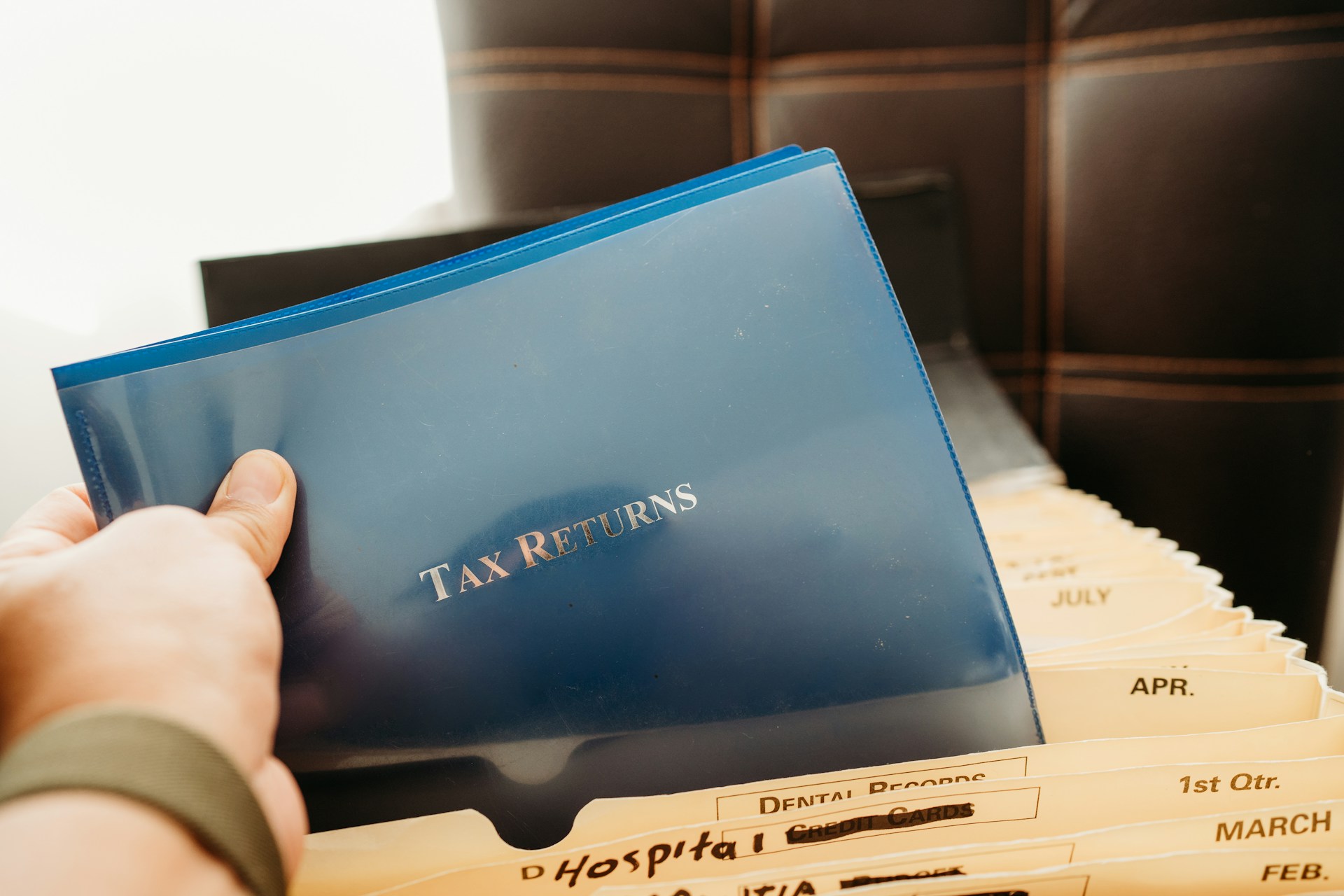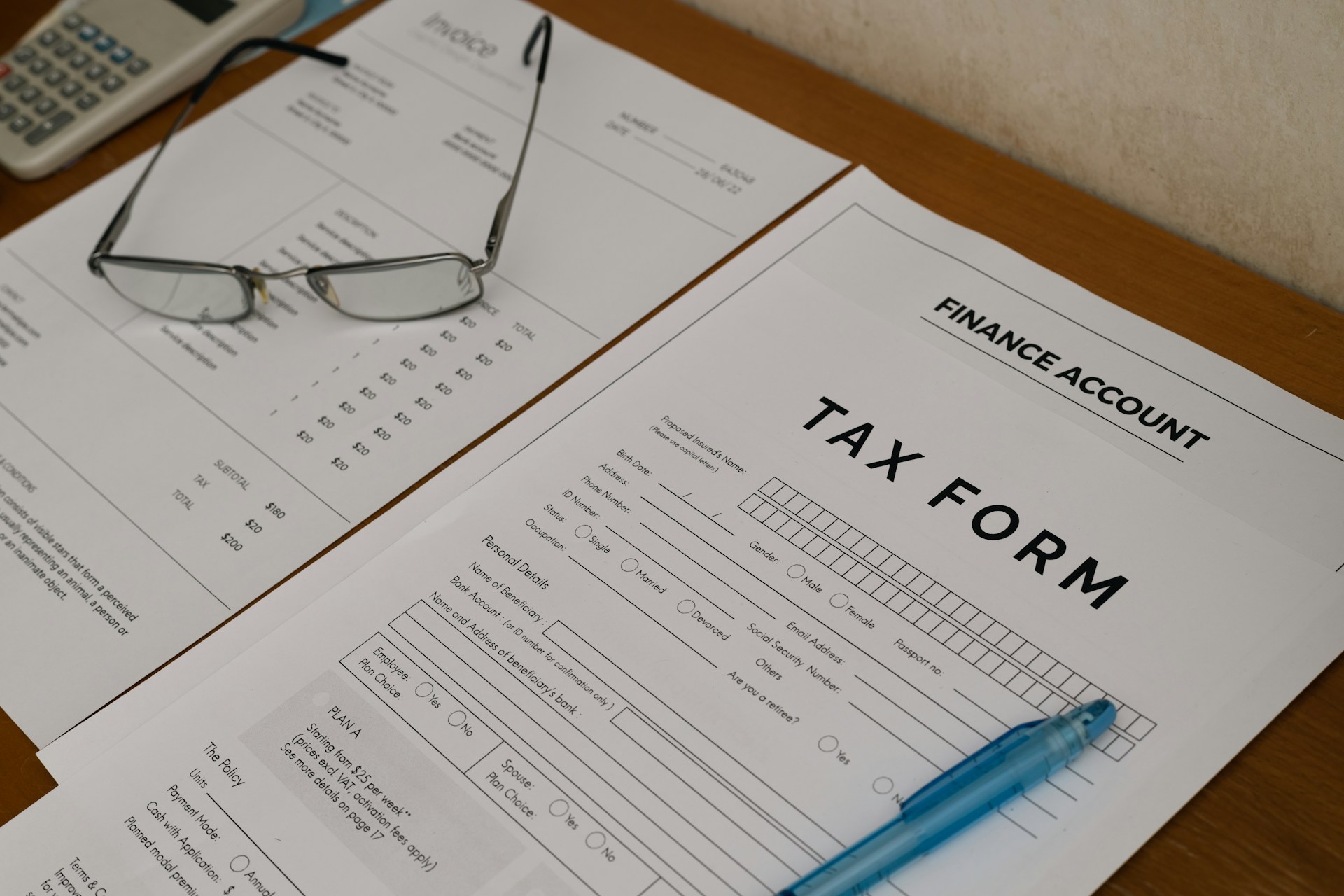Running a C-Corporation can be demanding, especially when it comes to taxes, so finding ways to minimize tax liability is crucial. One way to achieve this is by making sure not to miss out on vital tax deductions that can significantly benefit your bottom line. Many businesses overlook certain deductions, leaving money with the IRS that could have been reinvested into the company. Starting early and understanding the available options help in keeping more of the hard-earned money.
Imagine running a company where every dollar counts towards growth, hiring, or new projects. Missing out on tax deductions can stifle these plans and put unnecessary strain on finances. By exploring often-overlooked deductions, businesses can maximize their savings and improve financial health, ensuring that every potential tax-saving avenue is explored.
Commonly Missed Tax Deductions for C-Corporations
Navigating the world of tax deductions can be tricky, and many C-Corporations end up overlooking some beneficial options. Understanding why these deductions are often missed is the first step in capturing them. Sometimes, the rapid pace of daily operations can sideline meticulous financial checks and balances. Business owners may also simply not be aware of every deduction available.
Here are some frequently missed deductions:
– Business meal expenses: IRS regulations allow deductions for meals directly related to business activities, but they must be well-documented. Many businesses fail to keep proper receipts or records, missing out on potential savings.
– Employee benefits and bonuses: Offering bonuses or benefits? Ensure these are properly accounted for, as they can significantly reduce taxable income.
– Office supplies and equipment depreciation: Deductions aren’t just for new, large purchases. Even routine office supplies or older equipment still in use can offer deductions through depreciation schedules.
Being aware of these opportunities means more than just reading tax code; it requires an intentional approach to financial management. Clearing time in schedules specifically to address financial recording and having a reliable system in place can ensure these deductions aren’t misplaced or forgotten. This not only saves money but also provides a clearer picture of financial health, which is crucial for strategic planning.
Maximizing Deductions for Travel and Entertainment
Travel and entertainment costs can quickly add up, making it important to know what expenses are deductible. Travel expenses eligible for deductions generally include those associated with business activities like meetings or conferences. This means costs related to transportation, lodging, and trip-related communication count towards deductions as long as they have a clear business intention.
When it comes to entertainment, changes in tax laws have made it tricky to navigate. Some entertainment expenses may no longer qualify, so businesses must focus on clear correlations to business activities. Here are simple tips to keep in mind:
– Accurate Records: Maintain detailed records of each expense. This includes invoices, receipts, and a brief description of the business purpose. Digital tools can streamline this process, saving records on cloud platforms for easy access.
– Business Meals: Only meals with a business agenda attached are deductible. Make sure to document who attended, the business discussion involved, and save the receipt.
– Entertainment: Remember that most entertainment expenses aren’t deductible. Focus on activities directly linked to business operations to avoid issues with eligibility.
Adopting consistent habits for cataloging these costs ensures they won’t leave potential savings unclaimed. This systematic approach supports smooth operations and helps see real savings come tax time.
Understanding and Utilizing Carryforwards and Carrybacks
Net operating loss (NOL) carryforwards and carrybacks can offer great relief for C-Corporations, helping to offset taxable income over different tax periods. By understanding how to harness these strategies effectively, businesses can mitigate losses and better balance their financial outlook.
Let’s talk about carryforwards first. NOL carryforwards allow businesses to apply previous years’ losses to future profits, thus lowering taxable income in subsequent years. For instance, if a business withstands a rough year financially, it can use those losses against profits in later years, providing much-needed relief during profitable times.
Carrybacks, although less frequently used under current tax laws, essentially work in reverse, allowing for losses to be applied to previous profitable years. This can result in a refund on taxes paid in prior years, which can significantly boost cash flow when needed.
Here’s why keeping good records matters here:
1. Detailed Documentation: Maintain thorough records of financials each year to quickly identify NOLs and apply them strategically.
2. Tax Filing Coordination: Work with tax advisors to ensure accurate filing, especially when dealing with complex NOL rules.
3. Review and Planning: Regularly review financial outcomes to plan effectively for carryforward uses.
Incorporating these financial tools, along with professional guidance, helps business owners navigate complex tax rules more confidently.
Benefits of Professional Tax Preparation
Navigating corporate tax regulations is no small feat. The complexity of rules and their frequent updates demand thorough understanding and precision. This is where hiring a professional tax preparer can turn into a valuable asset for C-Corporations. Professional preparers not only ensure compliance with regulations but can also uncover more deduction opportunities layered within tax codes.
Working with a professional aligns taxation efforts with a level of expertise that isn’t easily replicated. Here’s what makes professional assistance worthwhile:
– Expert Insights: Professionals stay informed on tax laws and can spot opportunities or risks you might miss.
– Accuracy: Reduce the chance of errors that might arise from self-preparation, especially if tax law isn’t your forte.
– Time Savings: Focus more on core business operations by delegating complex tax tasks to those who specialize in them.
Engaging with professionals enhances the likelihood of advantageous results and spares businesses from potential pitfalls in tax filing.
Wrapping It Up: Don’t Leave Money on the Table
Ensuring every tax-saving opportunity is utilized can make a big difference in a company’s financial stability and growth prospects. By exploring often-overlooked deductions, navigating travel and entertainment expenses carefully, understanding carryforwards and carrybacks, and leveraging professional help, C-Corporations can position themselves for better financial outcomes.
Reviewing financial documents thoroughly means no chance of missing out on available savings. As tax laws evolve, maintaining a proactive approach ensures your business won’t fall behind. Taking these steps not only optimizes financial health but also offers peace of mind, knowing you’re getting the most out of your tax returns.
For businesses looking to save more during tax season, using corporate tax preparation with Speedy Tax Preparation & Bookkeeping Service can help you find deductions you didn’t know you qualified for. Let us guide you through the process so your C-Corporation in North Carolina keeps more of what it earns.







